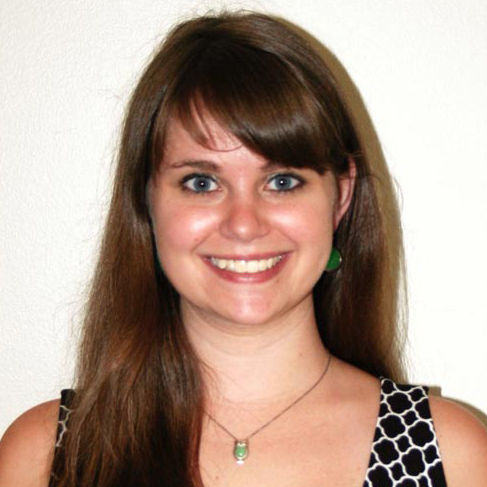SmArts
November 23-29, 2015
On filling gaps
By Molly Rector
The art of translation is, I’ll admit, something I had almost never thought about before joining the MFA program at the University of Arkansas. Aside from recognizing that I like one translation of a favorite book better than another, it hadn’t occurred to me what an important role translators play in joining one culture to another. Without this art, for example, Americans would not know “The Metamorphosis”, or “The Three Musketeers”, or anything at all about Greek mythology (to say nothing of the countless contemporary works in translation that are currently influencing our own literary culture).
I’m thinking about this because last week poet and translator Olivia Sears came to the University of Arkansas to read from a few of the books in translation that her publishing company, Two Lines Press, has put out. Sears, who now runs the Center for the Art of Translation in San Francisco, co-founded Two Lines journal with a few other translators while she was in college. Of course, her reading was wonderful – she read from two different novels and then several poems she herself has translated from Italian – but the founding of the journal became a sticking point for me.
Sears told the audience at her reading that the impetus for the founding of Two Lines was the desire for people who practice the art of translation (a terribly undervalued art) to have their work recognized (rather than having their names listed in the notes section at the back of a journal), as well as to share essays about craft – in essence, her group wanted to create a better space for translators to share what they do. Many years later, the journal’s prsence is strong enough that Sears and her associates were able to found a press that puts out full-length books in translation (some of which have already, in only two years) won major literary prizes.
I’m intrigued by this element of human societies: our ability to fill the gaps we perceive in “what’s out there.” Many economic theorists would argue that this is what capitalism is about – the ability to perceive a need and then fill it, accepting rewards for doing so. While this may be true, I’m more interested in the part of this that goes outside of capital (though not necessarily outside of economics, in the broad sense of the word): creating and sustaining community. This seems to be the primary goal of these gap-filling efforts when it comes to the arts. I’ve been thinking about this a lot because of my work with the reading series a friend and I are running, and because I find myself consistently amazed not only by how much support it gets, but also by how easy it is to organize. And I think this is because our reading series – as the series it is modeled after did before it, and as Sears’ journal does – creates space for dialogue, for engaging in community support of something that otherwise goes, perhaps, unrecognized.
Molly Rector is a staff writer for the Daily Record. Contact her at molly@dailydata.com.



